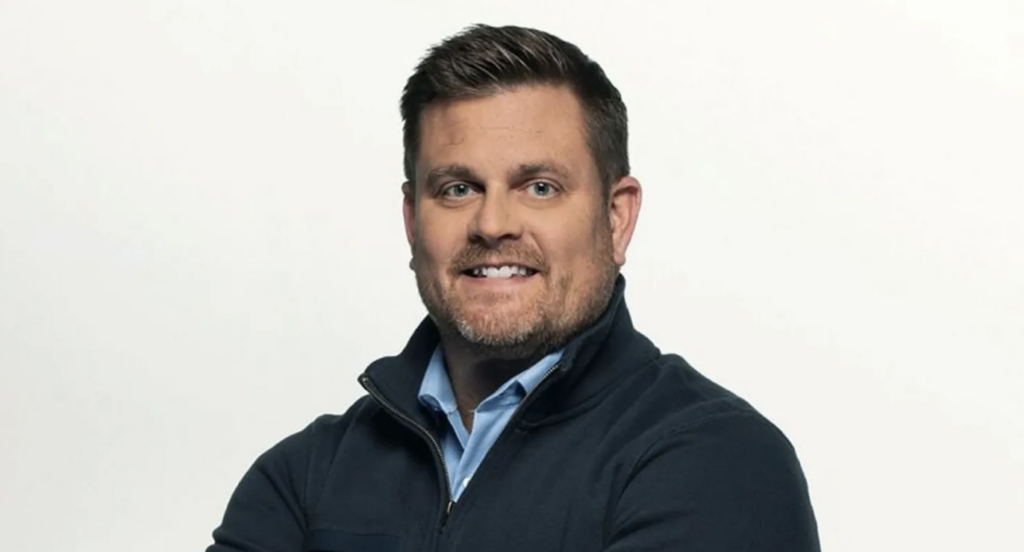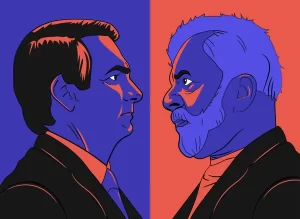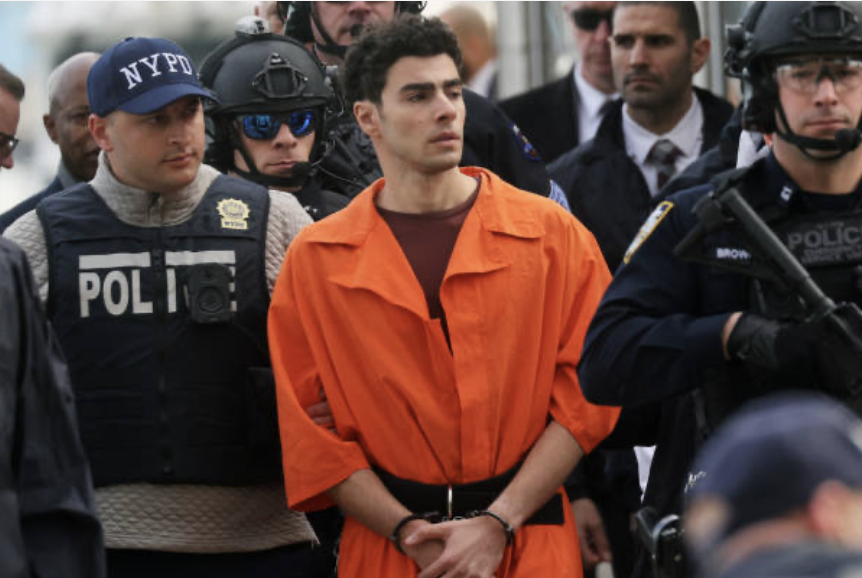On December 4, 2024, Brian Thompson was shot dead in broad daylight in front of a luxury hotel in Manhattan (NYC). The 45-year-old executive led UnitedHealthcare, the largest private health insurance provider in the U.S. Surveillance footage showed Thompson being approached and shot in the head with a single bullet—an image that quickly spread across national news outlets, sparking outrage.
Investigators identified Luigi Mangione as the prime suspect. According to the police, Mangione left behind multiple writings expressing hostility toward the private health insurance industry. He accused it of prioritizing profits over human lives. Forensic analysis of the bullets used in the murder revealed inscriptions denouncing the U.S. health system.
From arrest to federal charges
Mangione was arrested five days later, on December 9, in a McDonald’s in Pennsylvania after a nationwide manhunt. Initially charged with terrorism-related murder under New York state law, Mangione pled not guilty. If convicted at the state level, he faces life in prison.
But the case took a dramatic turn on April 1, 2025, when the U.S. Department of Justice announced it would seek the death penalty at the federal level. Citing the political motivation behind the act, Attorney General Pam Bondi, reinstated under President Trump’s second term, labeled the killing “a premeditated, cold-blooded assassination.”
“The murder of Brian Thompson – an innocent man and father of two young children – was a political act of violence that shocked the nation,” said Bondi in a press release. “After careful consideration, I have instructed federal prosecutors to pursue capital punishment.”

A divided public opinion
While many Americans view the act as indefensible, Luigi Mangione has also gained a notable following online. The #FreeLuigi movement has trended worldwide on social media. It portrays him as a symbolic figure standing against the “immoral” health insurance system. Supporters argue that Mangione’s actions, while violent, reflect growing frustration with a healthcare industry that many see as exploitative and unresponsive.
His legal defense, led by attorney Karen Friedman Agnifilo, has denounced the federal government’s decision as a political move.
“This is not just a criminal prosecution — it is a message,” Friedman Agnifilo said. “The government is choosing to defend a broken and deadly health insurance system by making an example out of a desperate young man. Seeking the death penalty in this context is barbaric.”
Attempts to raise funds for Mangione’s defense have seen mixed success. A crowdfunding campaign initially raised over 800,000 dollars before it was shut down by the platform hosting it, citing violations of terms of service.
A symbolic case in a changing America
Since President Donald Trump returned to the White House in January 2025, his administration has pushed to expand the use of the federal death penalty. The Mangione case appears to be a direct manifestation of this policy shift. While only 16 federal executions have taken place in the U.S. since 1976, legal experts say this case could mark a turning point.
Beyond the courtroom, the trial has reignited national debates about health insurance, access to care, and the limits of protest. For some, Luigi Mangione is a murderer. For others, he’s a symptom of a healthcare system that too often fails its people.
As the case proceeds, all eyes will remain on the New York courtroom where Mangione awaits trial—his fate hanging in the balance, not only as a legal matter, but as a reflection of deeper fractures in American society.
For more information and details on the case: The case of Luigi Mangione










